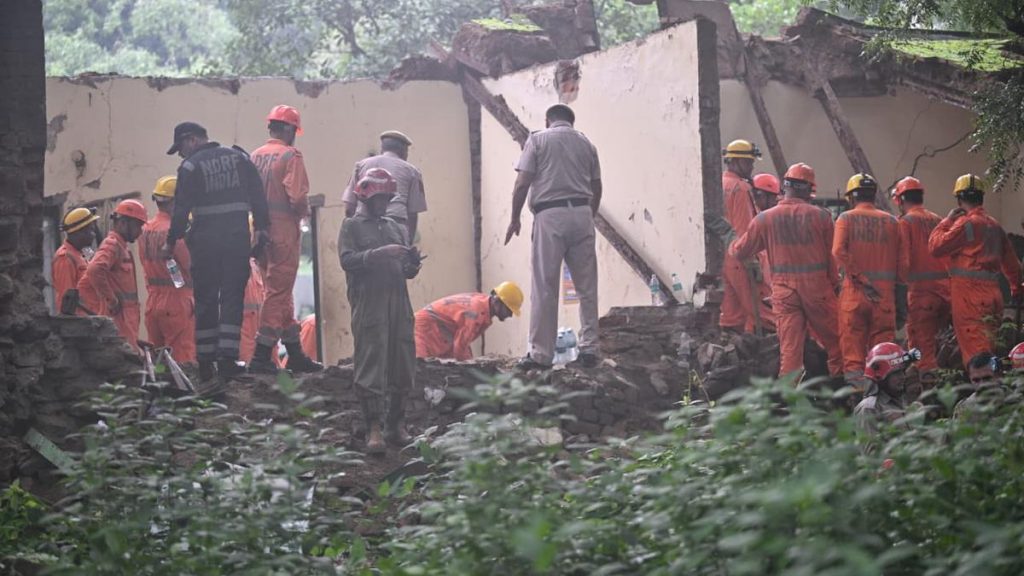Now Reading: India’s Global Influence Built on Soft Power and Constitutional Values
-
01
India’s Global Influence Built on Soft Power and Constitutional Values
India’s Global Influence Built on Soft Power and Constitutional Values
Quick Summary
- Bharat Lal, Secretary-General of the National Human rights Commission (NHRC), highlighted India’s global stature rooted in Constitutional values such as democracy, free elections, human rights, and environmental conservation.
- He spoke at the inaugural session of an Online International Conference on reimagining criminal jurisprudence hosted by the Department of Law, Central University of Karnataka in Kalaburagi.
- Key issues discussed included jail overcrowding, undertrial detainees, and bridging marginalized voices with legislative frameworks.
- Karnataka State Bar Council president S.S. Mittalkod released a Book of Abstracts compiling diverse research works presented at the conference.
- Central University Vice-Chancellor Battu Satyanarayana called for training highly skilled lawyers to contribute to societal progress leading up to India’s envisioned future in 2047.
- The two-day event featured six technical sessions with 40 research papers presented by contributors from India and abroad on topics like digital criminology and global criminal jurisprudence approaches.
- Plenary sessions involved prominent speakers from Mauritius, Sri Lanka, Bangladesh and India emphasizing inclusive justice systems adaptable to a globalized context.
Indian Opinion Analysis
The conference hosted by the Central University of Karnataka serves as a vital platform for addressing pressing issues within India’s criminal justice system while aligning them with globally inclusive practices. Bharat Lal’s emphasis on Constitutional values reiterates their importance for fostering soft power influence internationally; this connection signifies potential for human-rights-centered reforms that resonate globally but remain rooted locally.The discussion points about overcrowded jails and undertrial detainees suggest major systemic bottlenecks requiring legislative or institutional intervention-a challenge compounded by socio-economic disparities affecting marginalized populations disproportionately.
Efforts like skill advancement initiatives proposed for future lawyers reflect foresight toward transforming legal education into a tool not just for resolve but proactive societal change by 2047 when India looks forward to milestones post its independence centenary celebrations.
While collaborative international perspectives enrich discussions during such events-pointing towards inclusivity-the implementation process often requires localized diligence aligned with these broader narratives without compromise on foundational regional needs.
Read more: The Hindu























